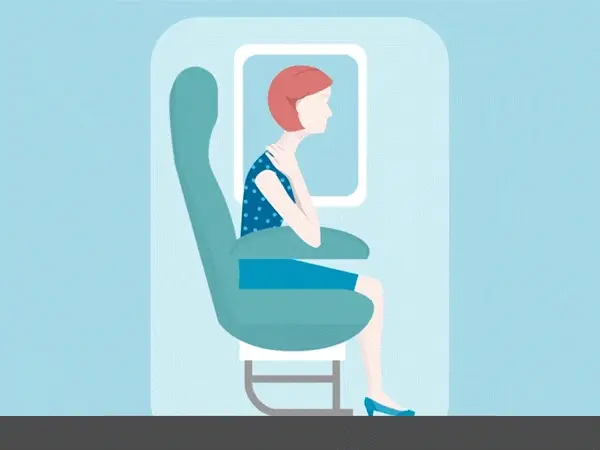
Source: Shutterstock
3 Signs You Have a Shoulder Injury
Last updated: Thursday, June 14, 2018 | 3 min reading time
The good news about shoulder injuries is that they can be easily treated by medication, physiotherapy and surgery.
Pain

Are your shoulders painful when you move them? Did you experience severe pain in your shoulder after a sports accident or a fall? You may have torn muscles and tendons called the rotator cuff.
Treatment for rotator cuff injuries:
- Inflamed tendons that are not torn can heal by themselves with the help of non-steroidal anti-inflammatory drugs that ease swelling and pain. Physiotherapy helps to strengthen the other rotator cuff muscles. You may need 3 – 6months to recover fully.
- If there is a partial or small tear, an injection of steroids and anaesthetic helps relieve pain and inflammation. You may also need to do exercises that strengthen the rotator cuff, and correct your posture.
- Larger tears may need surgery, usually keyhole procedures, as these are best for repairing damage to the rotator cuff. Recovery time is usually around 6 – 7 months after surgery.
To find out more about treatment options, speak to a specialist.
Dislocation
Has your shoulder ever popped out of place? If it has you know how painful it can be. A dislocated shoulder is caused by either falling onto an outstretched arm or suffering a severe impact from behind.
Treatment for dislocated shoulders:
- Firstly, don't attempt to relocate the shoulder yourself, as you may risk tearing the muscles, ligaments and tendons further, or damaging nerves and blood vessels.
- While you wait for medical help, don't move your arm and shoulder. Tie a sling around your elbow and neck to hold your arm still.
- Put ice or something cold on the dislocation to reduce inflammation and pain, and take pain-killers if you have them.
- At the hospital, once the dislocation is reduced, doctors will take x-rays to find out why the dislocation happened, and whether the injury is likely to reoccur (sometimes the shoulder joint becomes unstable, and as a result, the shoulder can be more prone to future dislocations).
- You may need to wear a sling for a few weeks, and then you can start physiotherapy. If treated immediately, shoulder function should be fully regained.
Limited movement

Do you feel you can't move your arms as wide as you could before? Is it getting more and more painful to move your shoulder in any direction? You may be in the first phase of frozen shoulder.
Frozen shoulder is caused by a gradual thickening of the capsule of connective tissue that surrounds the joint. The condition develops gradually, and usually stems from an injury, although it can also be related to diseases such as diabetes. Inflammation to the joint occurs, leading to the formation of scar tissue, causing the tissue around the shoulder joint to stiffen.
Treatment for frozen shoulder:
- As it's often very painful, injections of steroids and anaesthetic into the joint help speed up recovery.
- It's helpful to do some gentle stretching while keeping the shoulder warm. Range of motion will slowly be increased with regular physiotherapy, but it may take a year or so to get back to normal.
- If treatment isn't helping, a keyhole surgery is sometimes performed to release the thickened capsule.
Now you're more aware of the risks, it's easier to avoid them. And as any doctor will tell you, if you want to protect your shoulders from injury, know your limits, and leave your ego at home when exercising!
If you've concerns about an existing shoulder injury, make an appointment with a specialist.

